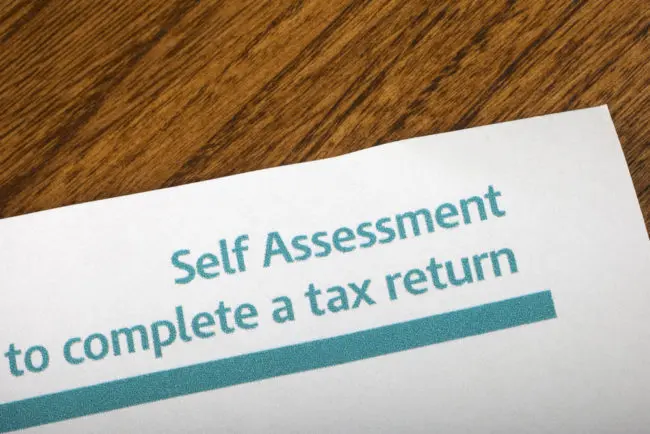Ahead of this year’s deadline, research has found that seven per cent of small business owners have indeed failed to learn from their previous error, missing the deadline on more than one occasion.
37 per cent of owners blamed this on their accountant or bookkeeper who they had outsourced the work to, who had been late in submitting the tax return. Yet 31 per cent blamed their lateness on having no idea how to submit their return, and over one in four admitted that they didn’t know they were required to complete one.
While most small business owners who were late in complying with HMRC did eventually manage to complete their tax return within 31 days of the original deadline, three per cent took over six months to submit their return, a figure that rises to seven per cent for small businesses with less than ten employees.
The average fine for small business owners who missed the 31 January deadline was £284.56, but for one in seven late returners, the penalty exceeded £500 and two per cent had to pay more than £800.
Last year, HMRC reported that, in total, around seven per cent of individuals required to file their tax returns failed to meet the deadline, netting the government approximately £87 million in fines immediately on 1 February 2016 as a result of the £100 automatic fines, not including fines accruing from that date onwards.
Darren Nicholls, Product Manager for Informi, said: “Small business owners and their employees need to act quickly to take action on their tax returns before the month is out, saving their business potentially costly penalties.
“Missing the deadline isn’t the end of the world, but will trigger an automatic £100 fine which will rise by £10 a day after three months. With many small businesses struggling to keep their heads above water, it’s an unnecessary waste of money to boost HMRC’s coffers, and small businesses should do everything in their power to comply with the deadline.”
Informi has provided the below three tips for small business owners ahead of this year’s tax return deadline:
Act now
If you’ve never previously registered for submitting an online tax return, you will need to sort out a Unique Tax Reference (UTR) number with HMRC. This can take up to ten working days to sort out – so you may already find yourself out of time if you haven’t already registered, but you can but try.
Seek advice and guidance
Assess whether you need the help of an accountant or bookkeeper to support you completing the form. Informi has produced a handy search tool for finding the nearest one in your area. This guide to completing your self-assessment form can also help.
Bring your information together
Completing a tax return requires information from a variety of sources, including records of capital your business has paid into pension schemes and charitable donations, trading income and capital gains, to name but a few. Whether you are submitting the return or outsourcing to an expert, you will need to gather the various information prior to the form being completed.
The new research also showed that 87 per cent of small business owners sought advice when completing their tax returns. Accountants and bookkeeppers were by far the most turned to for help, followed by online resources. More than one in five small business owners seek advice from friends and family while a similar number use resources provided by the government.


